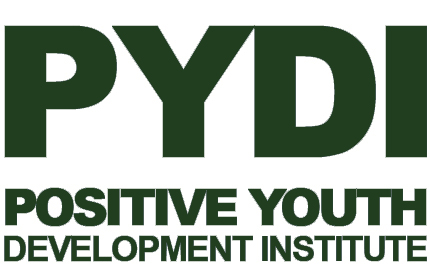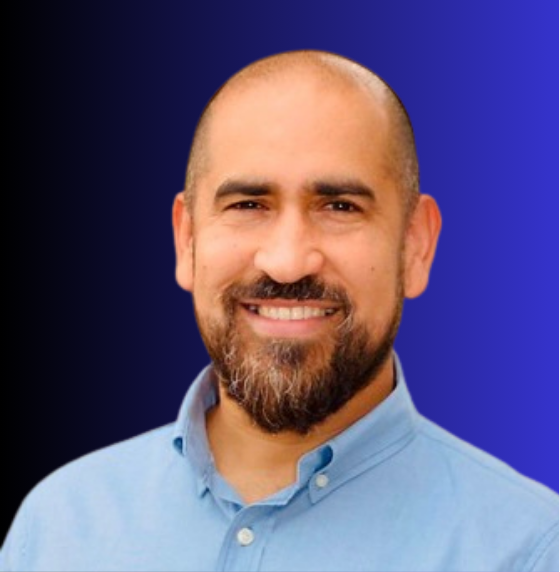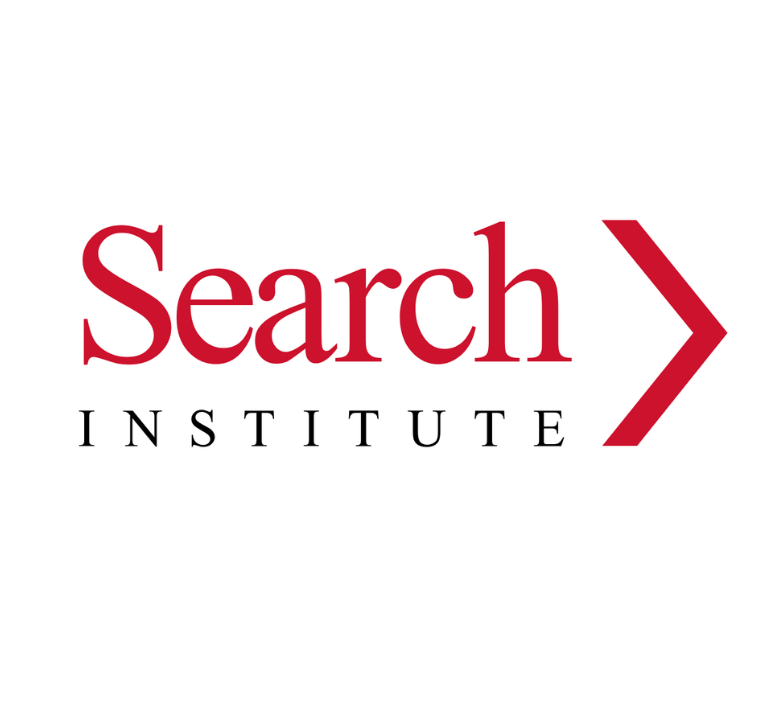Day 1 Keynote
Carlos Santini, Mizzen Education
Carlos Santini (he/him/él), Mizzen’s CEO, is on a mission to enhance the quality of out-of-school-time programs for young minds. With a passion for youth development dating back to his days at the University of California, Los Angeles, Carlos has been a driving force in the field since 2002.
Through collaborations with school districts, foundations, corporations, and community leaders, he’s been instrumental in expanding and improving OST opportunities for youth. Carlos’s journey began with After-School All-Stars, Los Angeles serving in many roles from admin assistant to interim executive director before he assumed responsibilities as the Executive Vice President of Programs for the national office of After-School All-Stars. He joined Team Mizzen in 2021.
Carlos immigrated from Honduras at age 7 and credits his experience as an English language learner for paving his path in education. Married to Alejandra, a dedicated elementary school teacher and former nonprofit executive, Carlos is a proud father of two daughters. He spends his free time cycling through the Santa Monica Mountains, hanging with his dog, DJ, and whipping up creations in his kitchen.
Day 2 Plenary
Search Institute
Educational success and social-emotional development blossom when caring adults and supportive peers are present in young people’s lives. Extensive research has documented that strong relationships are a key factor for healthy development. Developmental relationships help young people forge identities, learn new skills, and strengthen the roots of their success, so they can withstand the storms of life. Mentors, educators, administrators, coaches, program leaders, and other adults can help young people figure out who they are and who they can become. Based on Search Institute’s last decade of work, this training will provide participants with the science behind relationships, why they’re so important, and the key role adults play in building and strengthening those connections with all young people. Ongoing Search Institute studies show that when young people experience relationships characterized by the five elements of Search Institute’s Developmental Relationships Framework, their social-emotional skills are stronger, their academic outcomes are better, and their risk behaviors are lower. In this deep dive, participants will reflect on where, when, and how they express the elements of developmental relationships, identify strategies to intentionally build developmental relationships with young people and learn how to nurture relationships using activities and approaches to integrate the elements into everyday practice.


